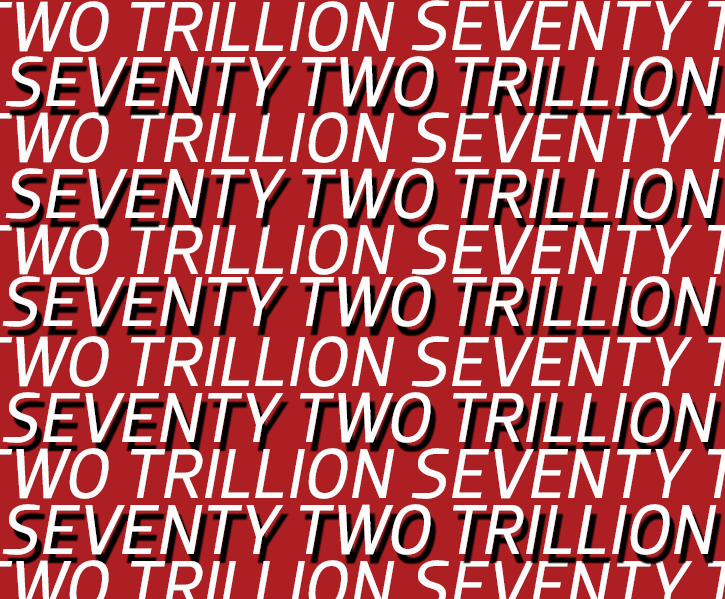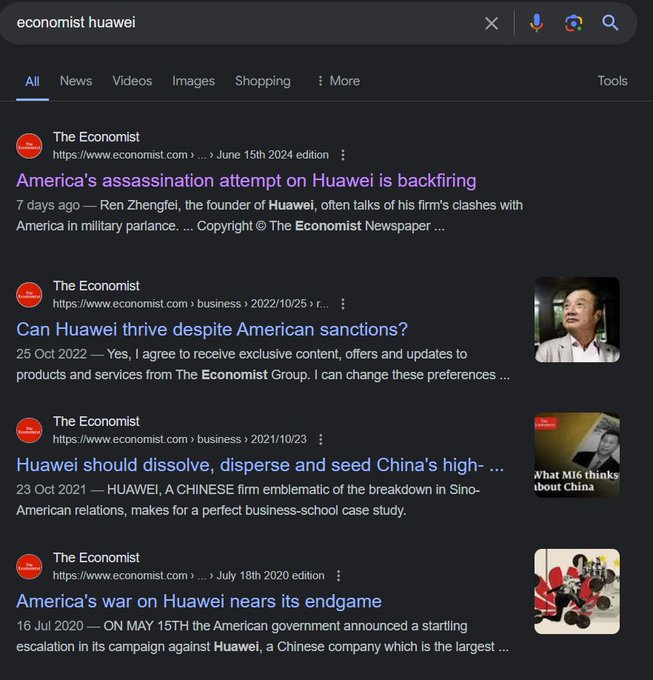

Nearly 100,000 transgender youth live in states that banned access to health care, sports, or school bathrooms in 2023
Oh, you expect Biden to do anything about the red states banning trans existence? Those are STATE ISSUES!
Also, yes, Biden does indeed have the ability to completely bypass Congress on matters of sending colossal amounts of weaponry to states actively wiping out millions of people. That’s just how things landed! The system just happens to be this way! Total inability to do good things and not even vague oversight when doing bad things! If you think this is bad, then vote! …nobody is running against changing those systematic issues except third parties, and the two parties have no reason to change this and many, MANY reasons to keep the current system intact, and we have no real way to exert power over them due to our refusal to even withdraw our votes let alone take major co-ordinated national action, but…




If I ever have kids, I would so fucking disgusted with myself if they asked me what I was doing during the Palestine Genocide and I said “…I voted for the person carrying out the genocide.” I can’t even imagine. It’s like if you were German and your parent or grandparent did nothing during the Holocaust; you’d be so ashamed to be associated with them.